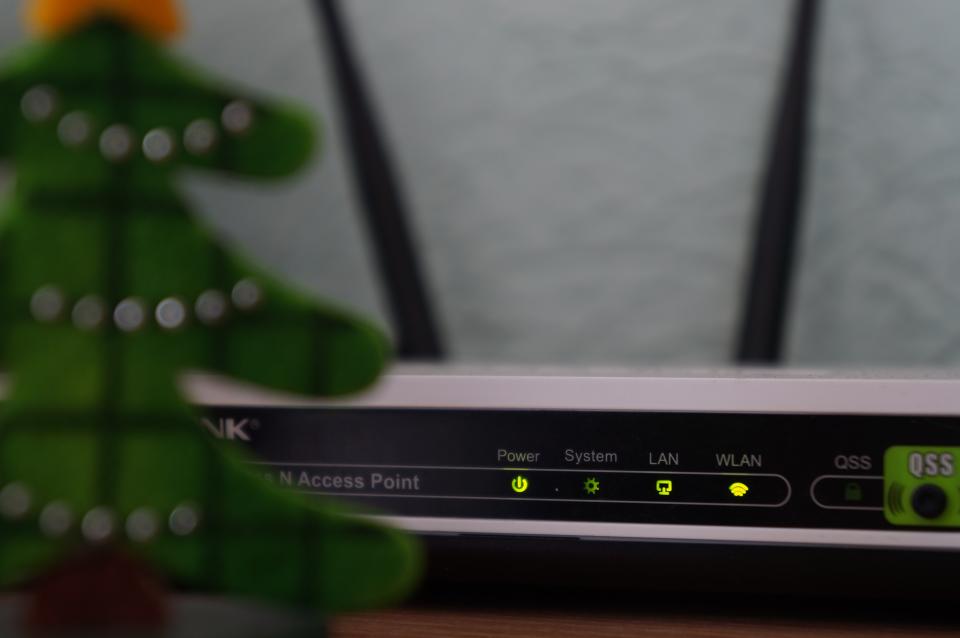Reduce pressure on your wifi and phone networks during Covid-19 lockdown

The UK is officially on lockdown as the country attempts to slow the spread of the Covid-19 virus, broadband and wifi networks are under increasing demand.
In fact,internet usage has already increased surged by 50% with more people working from home and self-isolating.
To make sure sure everyone’s getting the bandwidth they need — be it for work or entertainment — while we work together on “flattening the curve”, watchdog Ofcom has launched a new campaign that offers some useful tips...
How to manage your wifi and data use while in lockdown
1. Use your landline or give wifi calling a go
Because of the high demand on mobile networks, you may get a more reliable call connection using a landline, Ofcom explained.
Making calls over your wifi network — turn on “wifi calling” in your settings — and using internet apps such as Facetime, Skype and Whatapp can also ease pressure on your mobile network, while providing you with better sound quality.
2. Lower demands
Disconnect tablets and smartphones from the wifi when you’re not using them. These devides often continue to run in the background, thus slowing down your connection.
Turning the video and just using audio for off for meetings
“Data-heavy” tasks like HD streaming, gaming or video calls will slow down your connection, so you make sure not everybody is doing these things at once.
3. Move your router clear of other devices
Other devices, such as cordless phones, baby monitors, halogen lamps, dimmer switches, stereos and computer speakers, TVs and monitors can all interfere your wifi if they’re too close to your router — so you want to keep it as far away as possible.
Ofcom suggested putting it on a table or shelf, rather than on the floor.
Microwaves can also reduce wifi signals, so don’t use it when you’re making video calls, watching HD videos or “doing something important online”, it added.
4. Try wired rather than wireless
Use an ethernet cable to connect your computer directly to your router rather than using wifi. They’re available from as little as £3.
5. Plug your router directly into your main phone socket
Try not to use a telephone extension lead, as these can cause interference which could lower your speed. And if you do have to, “use a new, high-quality cable with the shortest possible length”, Ofcom advised, as tangled and coiled cables can also affect speeds.
Ditch “microfilters”, which split the phone and broadband signals so that they don't affect each other, as these can also slow down your connection.
6. Test the speed on your broadband line
Run a speed test using Ofcom’s mobile and broadband checker to check what speed you’re actually getting, then consider which “in-home factors” could be factors, Ofcom suggested.
7. Get advice from your broadband provider
If all else fails, you can find advice on your broadband provider’s website. However, consumers should be aware that due to the COVID-19 crisis, most companies currently have “many fewer people” to help with queries, Ofcom warned.
“Most are prioritising vulnerable customers and essential public services, so please take this into consideration,” the watchdog urged.

 Yahoo Finance
Yahoo Finance 